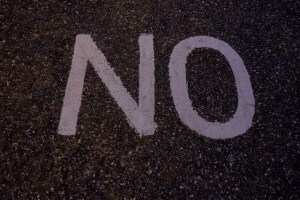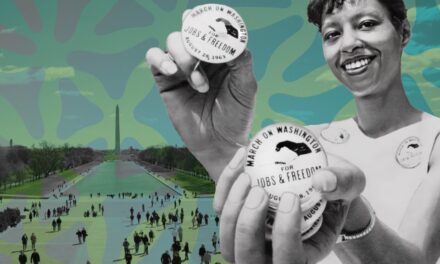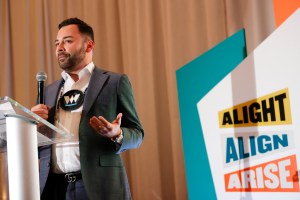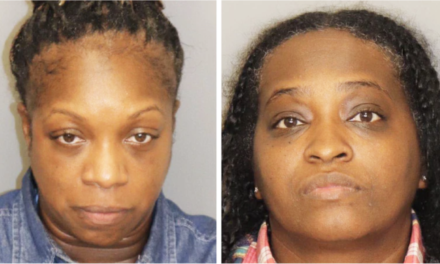By Tashi McQueen,
AFRO Political Writer,
Report for America Corps Member,
tmcqueen@afro.com
Saying “no” and setting healthy boundaries are crucial to survival in this fast-paced, ever-demanding world.
As year three of the COVID-19 pandemic comes to a close, many are finding themselves burned out at work and stretched thin emotionally at home.
This week, as part of a special edition that addresses well-being on every front, the AFRO explored ways to improve and maintain self-care. One tip stands tried and true: exercise your right to simply say “no.”
A 2020 report from EMBO reports, a biology journal, dissected the power of saying “no” to things that do not serve oneself. The authors Atentor Hinton et al. stated that a person’s mental health, productivity, and personal fulfillment are at stake when they can’t say “no.”
“Saying ‘yes’ has to be with your whole heart,” said Jenee Johnson, founder of the Right Within Experience, a mindfulness program to the AFRO. “A yes –when it’s [really] a no crushes us.”
In a professional setting, the author demonstrates that a person should ask questions such as, “Will this opportunity contribute to my career development and long-term goals? What will be expected of me, and can I meet those expectations? and can I dedicate time to this effort?”
Specific questions should be answered by oneself to ensure they are not neglecting themselves for the sake of others.
“We are not trained to be for ourselves but for others,” said Johnson. “Black people have been in work mode for so long.”
The EMBO report adds that “yes” can be positive and reassuring but can also create long-term consequences such as overstretching resources, lower quality of work and decrease a person’s overall capacity to balance their work.
The authors suggest yes should be given when the conditions of the agreement match personal and professional limits.
“Whatever you say yes to is a no to something else and vice versa,” said Johnson. “Yes to good food being at the right place at the right time.”
Johnson continues, “Self-sabotage diminishes us on the inside. Causing us to find ourselves in taxing situations we don’t have the bandwidth for. Mental health starts with love and compassion.”
If you need help coming up with ways to say “no,” the science of people recommends phrases such as, “Let me check my schedule, and “I’ll get back to you later.”
You do not need to explain why you’re saying no– but if you feel the need, a polite “I’ll have to ask my spouse if we have anything going on later,” or “Nice suggestion! Let me think about that, and I’ll get back to you,” will do.
Michelle Maldonado, CEO and founder of Lusciencia chimed in on the topic.
“Boundaries set us free,” said Maldonado. “Let’s focus on what we need to say ‘yes’ to. Yes, to good friends, nutrition, education, and adequate rest.”
Maldonado explains the pressure for women of color to keep working without rest because they feel they have to. Women may be the first female employee in their workplace or feel they have to prove themselves all the time.
Maldonado said that saying “no” does not mean you don’t know how to persevere through tough times– it is a form of self care that allows time to pause and reflect. We can’t be everything to everybody!
“Time for yourself does not have to be expensive,” said Maldonado. “One of the most important forms of self-care is meditation which you can do almost anywhere.”
Help us Continue to tell OUR Story and join the AFRO family as a member –subscribers are now members! Join here!
The post No is a sentence: setting healthy boundaries in 2023 appeared first on AFRO American Newspapers .










